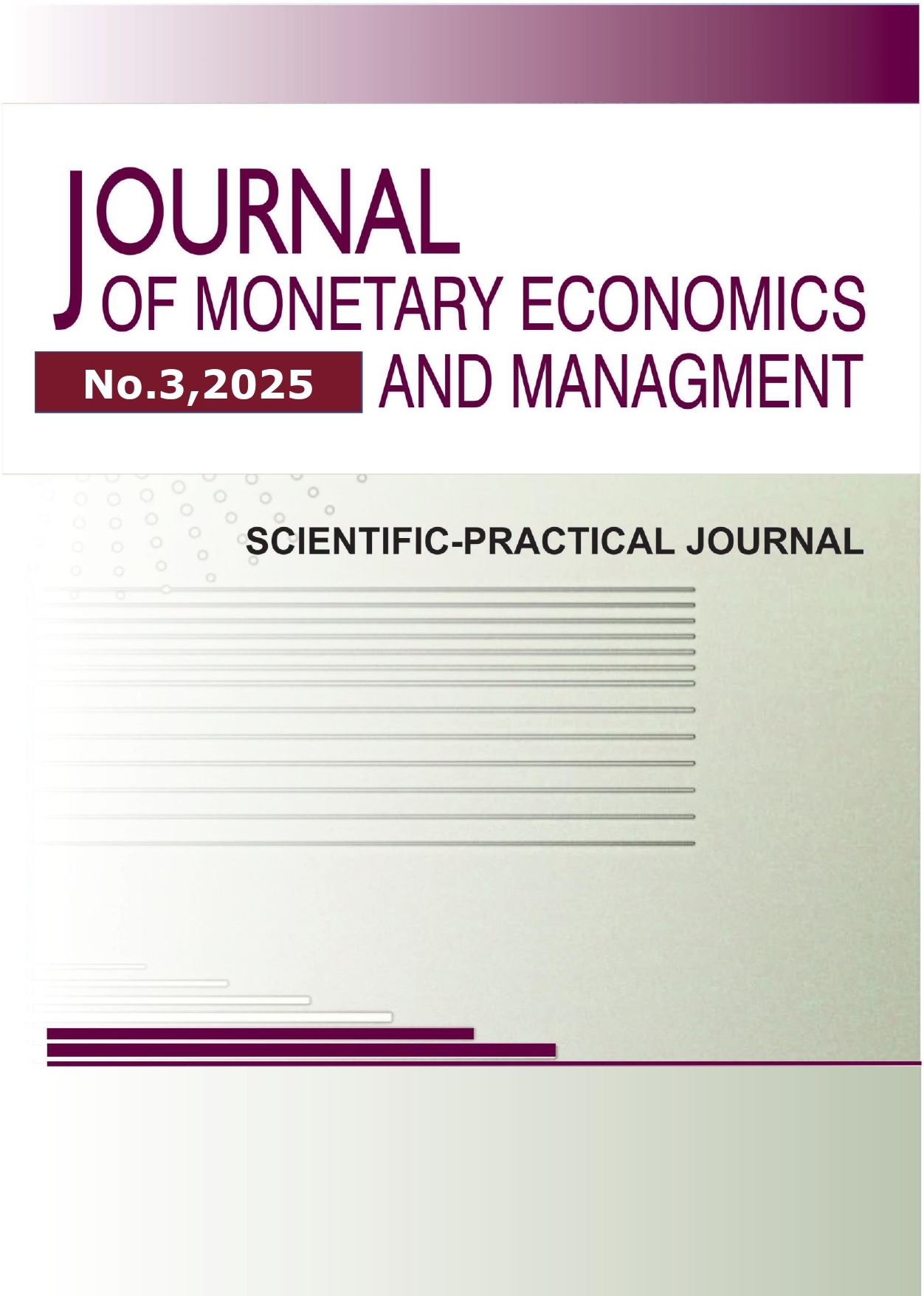student
student
student
Collective images of the country and the people are of great importance in the structure of the national identity of citizens, as well as for the perception of the country by the outside world. These images are difficult to separate into internal and external: As we think of ourselves, so does the rest of the world think of us. Although it may be the other way around: just as the outside world, for one or another historical, geopolitical and cultural reason, constructs and plants the image of a particular country, so this country itself begins to live in an imposed image. But more often than not, both processes coincide or compete with each other, as a result of which the image with all its shades is formed. As a rule, one or another nation has a positive self-image and does not put itself below neighbors and representatives of other worlds. All countries strive to create their own positive image. It is necessary for the normal socio-psychological well-being of people, to ensure the loyalty and cohesion of the population, for favorable external contacts and to attract capital and tourists to the country. If the majority of the population does not have a similar and positive view of the country and the state, then this state does not exist. National identity is a citizen's shared idea of his country, its people and a sense of belonging to them.
nation, political system, statehood, economic crises, public good, social contract
1. Bogomolov I. A. Formirovanie rossiyskoy nacii: carskiy, sovetskiy, sovremennyy period. Zakon i vlast', 2022. — S. 4.
2. Vasil'ev E.A Russkaya ideya: sbornik proizvedeniy russkih mysliteley. M.: Ayris-press, 2002. – S. 25-31.
3. Karamzin, N. M. Pro et Contra. Lichnost' i tvorchestvo N. M. Karamzina v ocenke russkih pisateley, kritikov, issledovateley: Antologiya / Sost. L.A. Sapchenko. - SPb., 2006. - S. 645.
4. Karlov, N.V. Chest' imeni, ili O russkom nacional'nom samosoznanii / N.V. Karlov // Voprosy filosofii. — 1997. — № 4. — S. 71.
5. Klyuchevskiy, V.O. Sochineniya: v 9 t. T. 3. Kurs russkoy istorii. Ch. 3 / pod red. V.L. Yanina; Poslesl. i kom-ment. V.A. Aleksandrova, V.G. Ziminoy / V.O. Klyuchevskiy. . – S. 323-326.
6. Tishkov, V. A. Rossiyskiy narod: istoriya i smysl nacional'nogo samosoznaniya / V. A. Tishkov ; Institut etnologii i antropologii im. N. N. Mikluho-Maklaya RAN. - M. : Nauka, 2013. – S. 107.
7. Uvarov S.S. Desyatiletie Ministerstva narodnogo prosvescheniya. 1833-1843 // Uvarov S.S. Gosudarstvennye osnovy. S. 354-357.
8. Filimonov A. G. Politicheskaya naciya v sovremennoy Rossii. Nauchnyy vestnik Omskoy akademii MVD Rossii, 2018. – S. 77.









